Senior twins aid healthcare efforts in west Africa
October 25, 2017
Living near Washington D.C., it can be easy to take for granted the more basic components of
everyday life. In western Africa, there is a huge need for improved healthcare access and no other initiatives.
Twin seniors Suuba and Sadia Demby are working for a greater cause: to help educate healthcare workers in West Africa. The girls have started an “Epi Manual Initiative” where they aim to raise $35,000 to cover the purchase and shipment of 500 copies of the Epi Manual. The Epi Manual is a complete record of common infectious diseases, more formerly known as the American Public Health Association’s (APHA) Control of Communicable Disease Manual, which also provides guidance on diagnosis, treatment and prevention. Through GoFundMe and donations, their project alone has currently garnered $4,700, and the initiative is continuing to grow. Based on the research, it seems that there are no other current projects that have the same mission as their initiative.
“[During the 2014 Ebola outbreak], seeing healthcare workers fighting to contain the outbreak and save lives was so inspiring,” Sadia said. “My sister and I wanted to find a way to help in the restructuring of Sierra Leone during the aftermath, which is why we started the project.”
Their father, Austin Demby, is from Sierra Leone and has experience working with diseases like Ebola. During the outbreak, he was invited by the director of the Centers for Disease Control and Prevention (CDC) to assess the situation in Sierra Leone on behalf of the United States Government as a special Advisor and as the Acting CDC Country Director.
“When my father left to work in Sierra Leone, it really unsettled me because I didn’t know to what extent he would be exposed to Ebola and if he was at risk of contracting the virus,” Suuba said. “But when he came back after a month or so, I saw the real impact he was making there and it made Sadia and I want to step outside of ourselves and and contribute in some way to help the people of West Africa.”
Two days after Mr. Demby returned from Sierra Leone, the head doctor in Freetown, Dr. Khan, who he had worked closely with passed away.
“That was especially tragic to hear because he was one of the top healthcare professionals in the country and when he died, it really showed that Ebola doesn’t discriminate,” Sadia said. “Even those that were trying to contain the outbreak and knew the most about the virus were at high risk as well.”
According to Austin Demby, over 500 healthcare workers died in Sierra Leone because they had never heard of Ebola and did not know what to do to protect themselves.
This is where the importance of the Epi Manual comes into play.
“For epidemiologists all over the world, it’s [actually] called the Epi-Bible because it has all one needs to have as a healthcare worker,” Austin Demby said. “It fits in one’s pocket and can be used in the field even without electricity or internet access.”
The manual also advises how frontline healthcare workers should contain an outbreak and prevent its spread while waiting on national and international assistance.
“After seeing how effective healthcare workers became when they were given resources that they needed, Sadia and I wanted to make a meaningful contribution to these countries,” Suuba said.
The Dembys are currently working with the CDC, the APHA and the American Embassy in Sierra Leone, who will aid in distributing the manuals once the appropriate amount of funds are raised. They plan to ship the manuals from the APHA warehouse in Atlanta, GA to Sierra Leone.
“We are in contact with the Ministry of Health, and when we deliver the manuals, we want to donate them to frontline healthcare workers who are surveilling for infectious diseases in the region,” Sadia said. “They would be going to numerous workers and clinics and facilities at the local level.”
The initiative is spearheaded by the girls, who receive guidance from their father.
“When an adult is needed to oversee and vouch for their work they count on me,” Austin Demby said. “As minors they could not open financial accounts for their project, so I co-signed their documents to establish a bank account and a GoFundMe account. I will continue to encourage, help and support them as needed.”
The fields of medicine and public health have always been of interest to the twins. Their increased commitment to international relief work has resulted from this initiative as well as their time spent living in Malawi at a young age.
“For many people it can be difficult to see the impact of this project because Sierra Leone is so far away from us, but what we hope to show is that this initiative is an investment in the healthcare of Sierra Leone,” Sadia said. “Protecting citizens in Sierra Leone will prevent another outbreak like Ebola from crossing border lines and turning into a global health scare. Fighting outbreaks at the source is what will prevent them from spreading across regions and across countries.”
Anyone who is interested in supporting the initiative or donating money can contact Suuba or Sadia Demby or visit their GoFundMe page.
“This project underscores their tenacity to think about sustainable solutions to big problems,” Austin Demby said. “Their ability to look for solutions with the understanding that nothing comes easy is a source of inspiration and pride for me.”


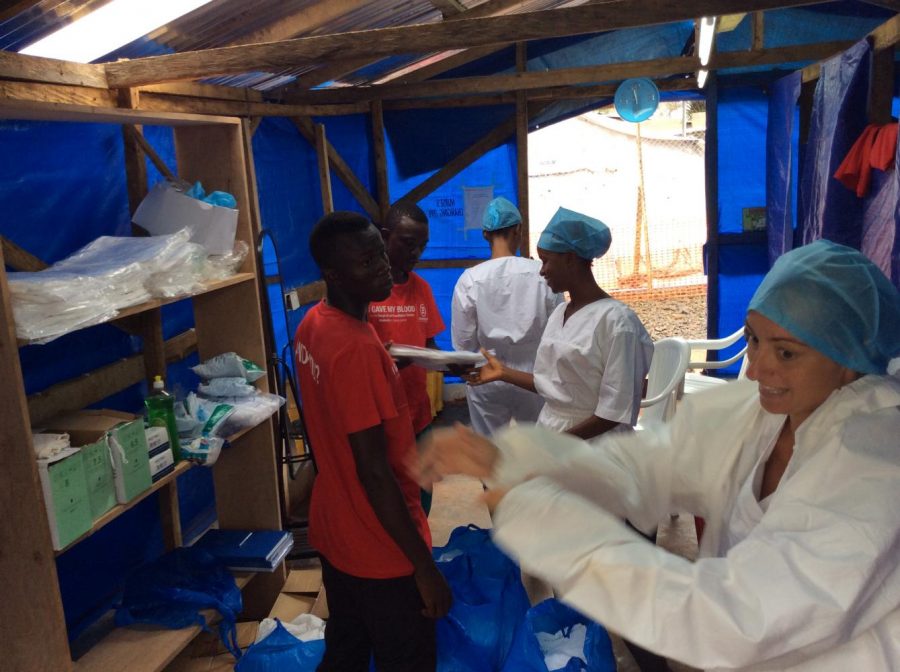
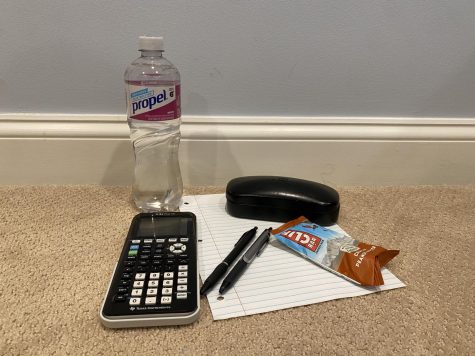

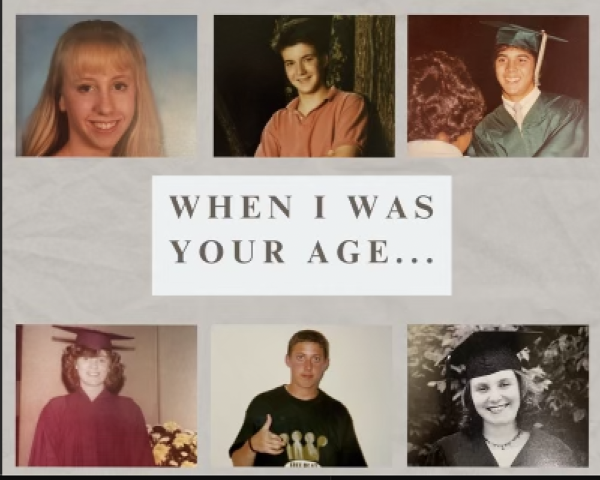
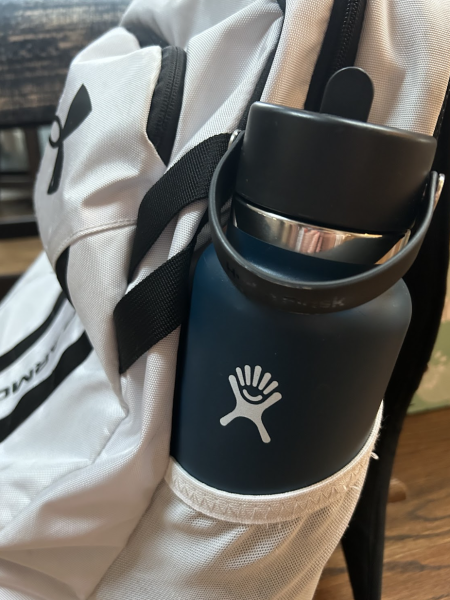
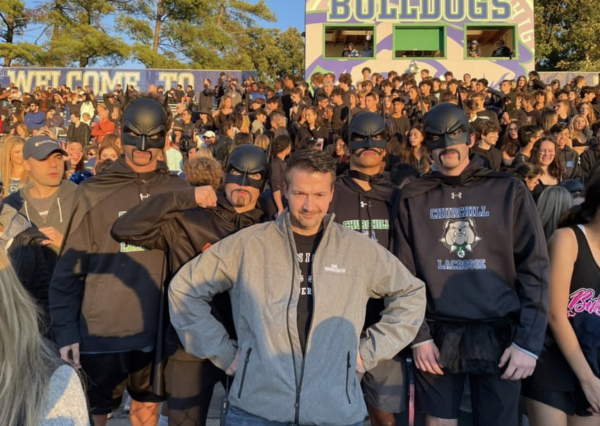
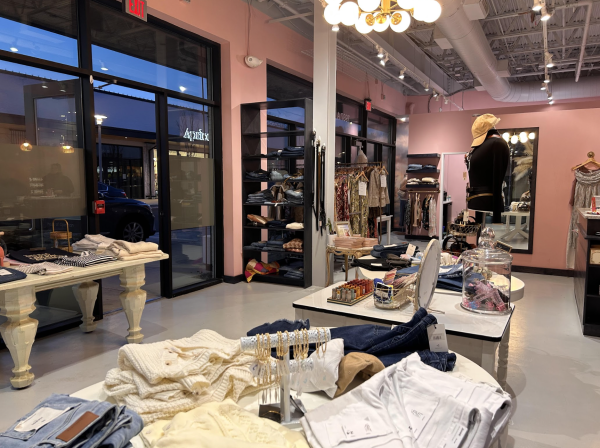

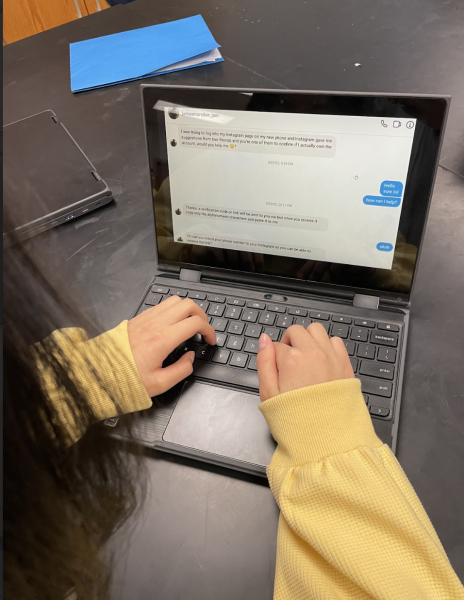

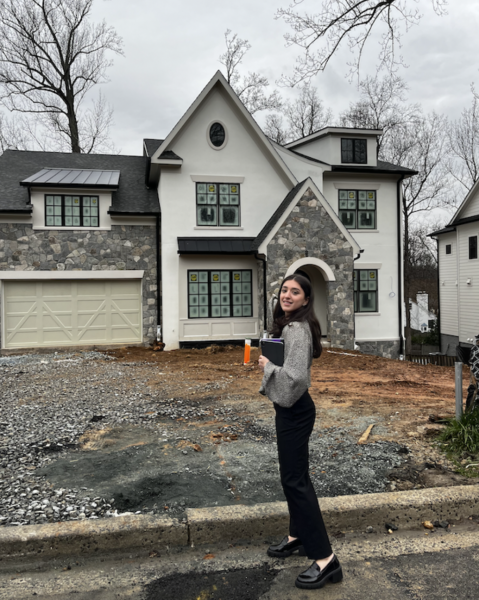
Rugiatu • Oct 29, 2017 at 4:16 am
Reading this article made me cry because it is so sad to see how my country and people are dying. I really appreciate all yours help and I wanted to ask how can I be a part of your team.
Thanks
Rugiatu